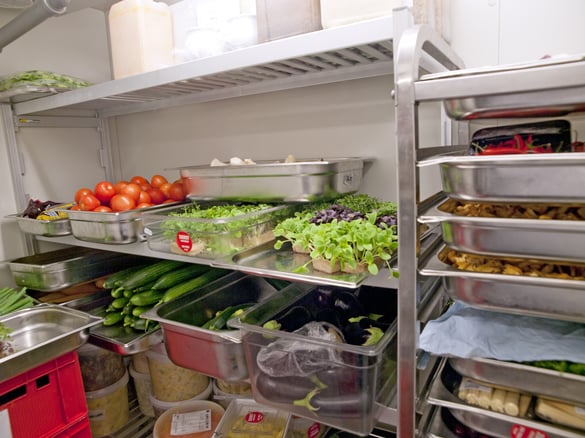While owning your own restaurant may sound glamorous, the dedication behind the scenes is what really makes a business succeed. One of the biggest concerns facing owners and managers can be staying compliant with HACCP food safety regulations for restaurants.

Food Safety Monitoring: Restaurants vs. Fast Food Chains
While you might think eating at restaurants would be safer compared to fast food chains, this is not always the case. Both types of establishments must have the proper food safety monitoring practices in place. Even still, eating at one or the other does present certain risk factors where food contamination could occur and affect the quality of food served to customers.

Foodborne Illnesses & Why Food Temperature Monitoring Is Important
According to the CDC, it is estimated there are 48 million people who get sick from foodborne illnesses every single year. Out of these, approximately 128,000 end up being hospitalized and another 3,000 die.1 As a business owner of a grocery store, convenience store, restaurant, food truck, or other operation where food is being sold, food temperature monitoring is vital.

How to Prepare for a HACCP Compliance Verification
Hazard Analysis Critical Control Point (HACCP) compliance verification is an essential step that is part of developing an effective process and monitoring solution to ensure proper food handling and safety. Verification requires testing your HACCP plan to ensure it conforms to the standards you have developed, as well as satisfies any local, state, or federal regulations.




